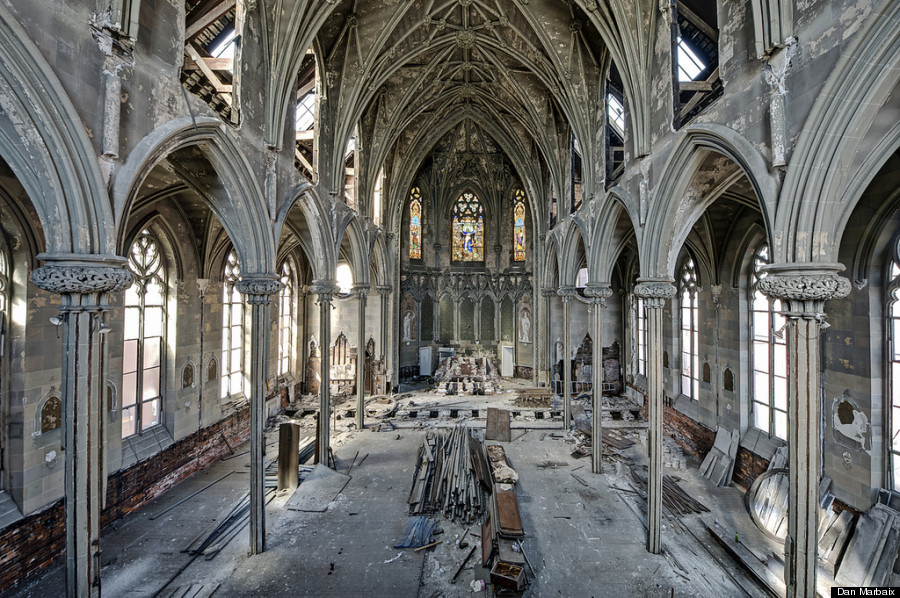Blog Post
The death of faith: 89% of Canadians do not attend religious services weekly
By Jonathon Van Maren
A couple of years ago, data on the scale of secularization in Europe over the last half-century were released, revealing that a mere 18% of those who identify as Christian regularly show up at services. Even those who still identify with a Christian denomination, it turned out, do so for largely cultural reasons, and very few actually go to church, read the Bible, or engage in any of the practices that would have defined the lives of generations of their forebears.
In Canada, it turns out, the situation is even more dire. Earlier this year, the Evangelical Fellowship of Canada released the result of a poll examining both church attendance and affiliation at two different points in people’s lives — first, at age twelve, and second, how they practice and identify currently. The results of this poll reveal a nation utterly transformed by secularization — and the data also explain a lot about the state of Canadian politics.
To start off, half of Canadians identify as agnostic, atheist, or no specific religion. A mere 11% of Canadians attend any kind of religious service on a weekly basis. That’s not just Christian services; that includes Muslim mosque attendance, Sikh temple events, Jewish synagogue services, Hindu gatherings, and other religious services. To spell it out, this means that a full 89% of Canadians do not attend religious services weekly. Those affiliating with evangelical churches have dropped from 12% of the population in 1996 to 9% in 2015, to 6% in 2019.
READ THE REST OF THIS COLUMN AT LIFESITENEWS.COM








